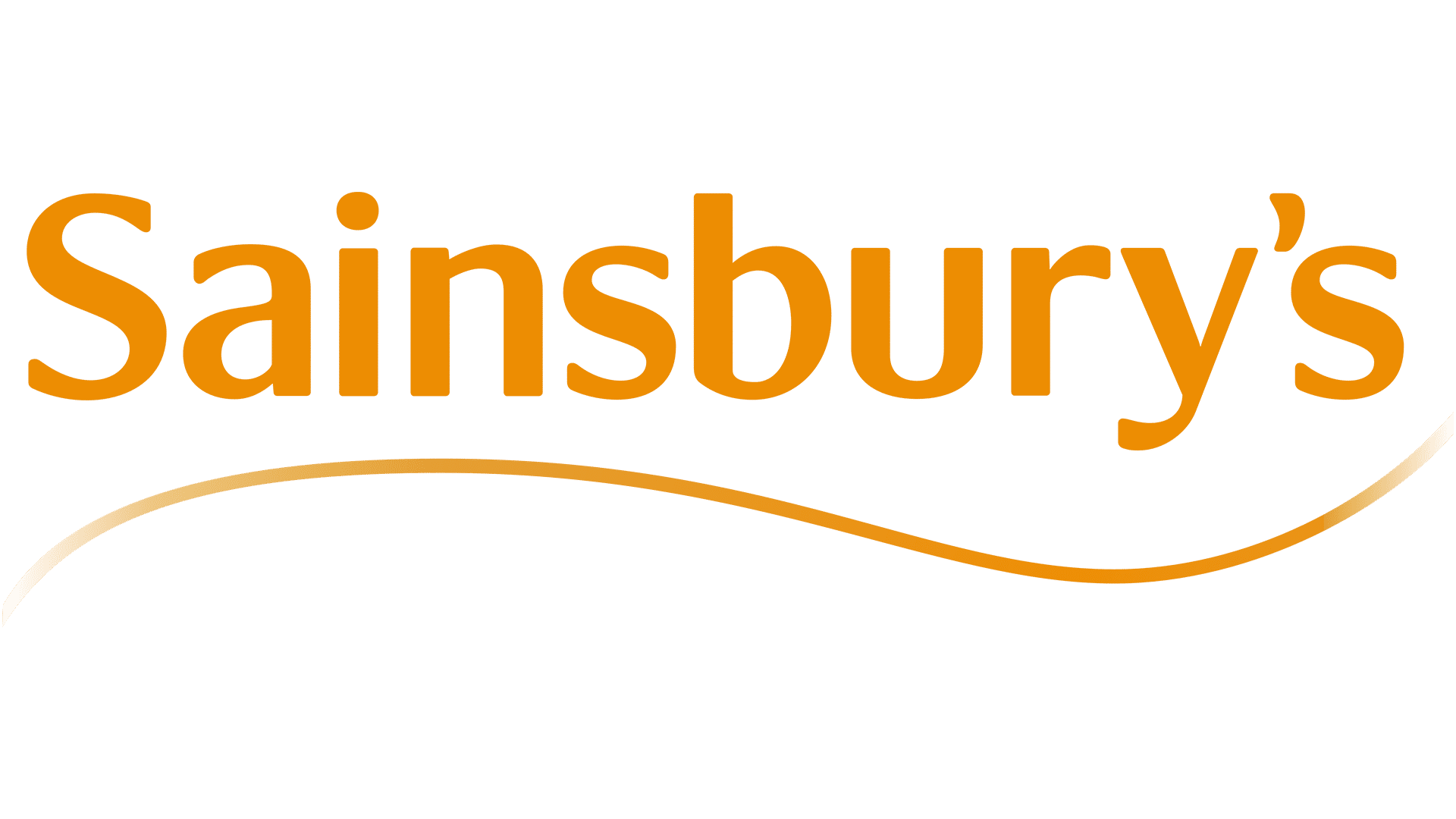What is blood pressure?
Blood pressure is the pressure of blood pushing against the walls of the artery—otherwise known as your BP. An artery’s job is to carry blood from your heart to other parts of your body efficiently. When an artery’s job becomes compromised by an act such as smoking, this can cause a multitude of health risks.
When a person smokes an artery becomes hard, less elastic and narrows, therefore limiting the flow of oxygen and blood to the heart. Blood pressure is recorded with two numbers. Systolic pressure (higher number and force at which your heart pumps the blood around the body) and the Diastolic pressure (lower number and resistance to blood flow in blood vessels).
The NHS states that ‘as a general guide a blood pressure reading between 120/80mmHG and 140/90mmHG could mean that you are at a potential risk of developing high blood pressure.’1
Does smoking increase blood pressure?
The short answer is, yes. The nicotine present when smoking is known to increase blood pressure. Nicotine acts as a sympathomimetic drug2 which results in what is called a catecholamine (adrenalin and dopamine) release. This release increases the heart rate and blood pressure and also constricts the arteries.
Smoking can raise your blood pressure in the short term and over a long period of time, putting both young and old smokers at high risk of developing hypertension (high blood pressure).
Additionally, it’s important to remember that passive exposure to smoke can also cause the same damage to the heart and blood vessels for non-smokers. A non-smoker may already be suffering from high blood pressure, and smoke is a health concern for anyone with existing health conditions.
For example, children are at risk of having more acute asthma attacks, respiratory infections, ear infections and sudden infant death syndrome3. Second-hand smoke is another contributor to heart disease and lung cancer deaths, as well, of course, high BP.
Does smoking cause high blood pressure?
Smoking and high blood pressure go hand in hand. The thousands of toxins present in smoke can cause the walls of the artery to harden and your blood vessels to narrow. In turn, this leads to high blood pressure as well as a variety of other health issues.
According to the NHS, high blood pressure can cause a range of life-threatening diseases including kidney disease, vascular dementia, diabetes and lupus1 —a condition in which the immune system attacks parts of the body, such as the skin, joints and organs.
CVD (coronary heart disease or cardiovascular disease) is also one of the main major conditions associated with high blood pressure. Because smoking narrows the arteries, CVD has the potential to damage the arteries of the eyes, heart, lungs and kidneys, as well as increasing the potential of heart attacks and heart diseases.
High blood pressure is also tied with a condition called atherosclerosis (a build- up of fatty substances and plaques in the arteries). This build-up of fatty deposits restricts blood flow and oxygen to vital organs which can then lead to blood clotting in various parts of the body. i.e., heart or brain4.
If left untreated, atherosclerosis can lead to conditions such as:
- Coronary heart disease
- Angina
- Heart attacks
- Strokes
- Transient ischaemic attacks
- Peripheral arterial disease
Because high blood pressure is linked to heart disease, if untreated, the risk of heart attack and stroke rise. For this reason, high blood pressure is often known as a silent killer, since it is a condition which may show no symptoms. As a smoker, you may feel fit and well, but underneath your body may be suffering from high or increased blood pressure.
Having said this, some of the most common symptoms of high blood pressure include:
- Blurred vision
- Nose bleeds
- Dizziness
- Chest Pain
- Headaches
If you are experiencing any of these symptoms you should see a doctor immediately. Additionally, all adults over 40 are advised to have their blood pressure checked at least every 5 years1. There are various places at which you can get your blood pressure checked, including:
- GP surgery
- Local pharmacy
- As part of your NHS health check
- Some places of work
Although high/increased blood pressure can be serious and sometimes fatal, you have the opportunity to reduce your risk of a life-threatening event. Here are a few things you can do to help lower the risk of high blood pressure and all the issues associated with it.
- Quit smoking
- Exercise regularly
- Maintain a healthy weight with a healthy diet (BMI calculator)4
- Minimise your alcohol intake
Combined, the above make up the most effective ways to help reduce your chances of high blood pressure and potential life-threatening diseases. You can also learn more about your blood pressure on the NHS website.
As stated earlier, it is possible to suffer from high blood pressure with no symptoms, even as a smoker. That’s all the more reason why you should get regular check-ups with your local GP if possible and quit smoking today for good. In addition, if you have recently quit smoking, this does not mean you are free from the risks associated with high blood pressure, and you should still get checked up on a regular basis.
Quitting smoking is tough but we can help. NiQuitin products can get you on the right path by helping you quit smoking so you can continue to improve your health and lifestyle. For more information on smoking and high/increased blood pressure or if you feel you are suffering from any of the symptoms mentioned above, contact your local GP or pharmacy for advice immediately. Additionally, speak to the NHS stop smoking service in your area, or a local pharmacist about NRT products and how they can support you on your stop smoking journey.















